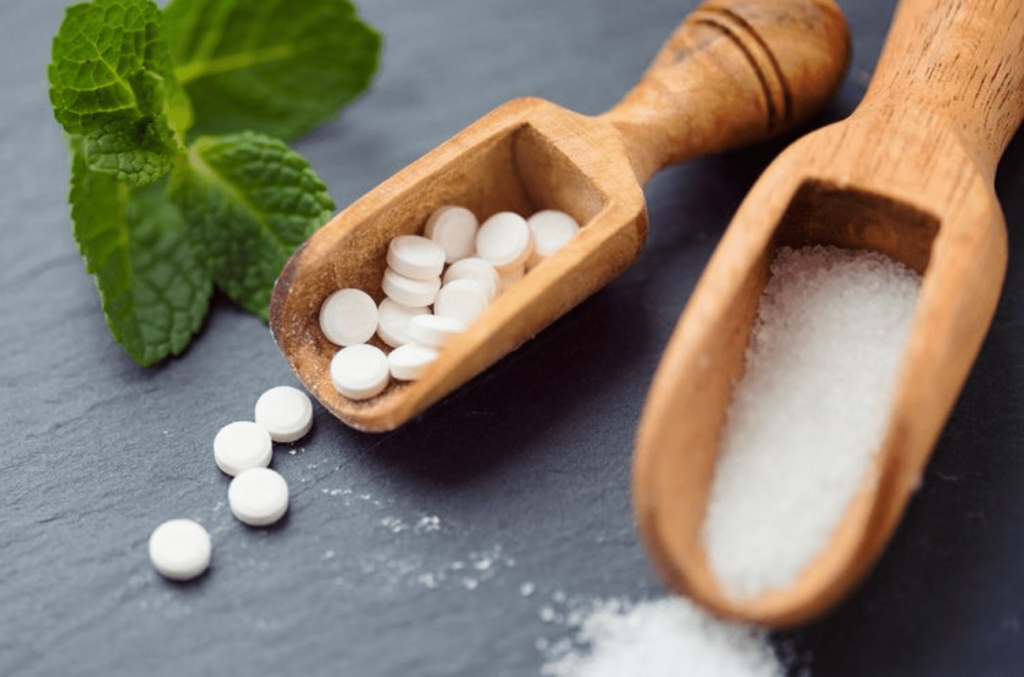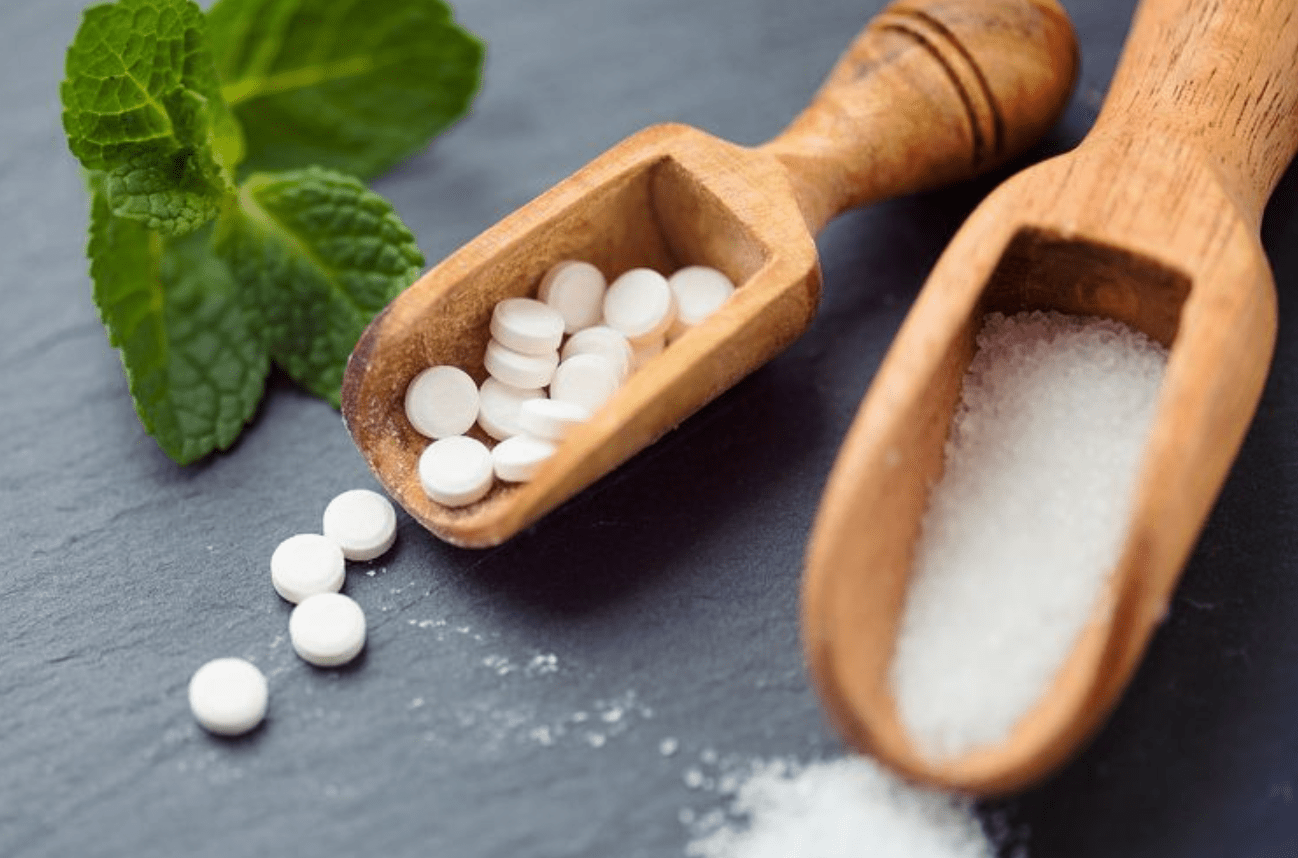The well-liked artificial sweetener will be classified as “possibly carcinogenic to humans” in July.
According to Reuters, the World Health Organization’s (WHO) cancer research arm, the International Agency for Research on Cancer (IARC), will classify the widely used sugar replacement aspartame as a potential carcinogen. Aspartame can be found in drinks, candies, and other products.
The pervasive sugar substitute, which may be found in hundreds of widely accessible items, is depended upon for calorie management. Since its original approval in 1974, it has been marketed under the trade names Nutrasweet, Equal, and Sugar Twin. It is also frequently used as an ingredient in packaged foods such Dannon Activia yogurt, Sugar-Free Jello, and Diet Coke.

Aspartame “is about 200 times sweeter” than normal sugar, according to the U.S. Food and Drug Administration.
How much aspartame, however, is safe to eat? The FDA states that “the acceptable daily intake for the sweetener is 50mg for each kilogram of body weight,” thus following the current recommendations involves reading labels and doing some math.
For instance, a can of Diet Coke has 200 milligrams of aspartame in it.
The Joint Expert Committee on Food Additives, a separate WHO and UN committee, is updating its risk assessment, including how much is safe to consume, according to CNN. Current FDA guidelines state that a 132-lb person would need to consume 75 packets of artificial sweetener per day to reach the acceptable limit.
The way aspartame is processed by the body is where the danger lies.
The gastrointestinal (GI) tract hydrolyzes and absorbs this substance. Methanol, aspartic acid, and phenylalanine are released as a result of this process, claims a news-medical.net source.

The liver subsequently transforms the methanol into formaldehyde. The paper stated that formaldehyde is also directly hazardous to liver cells and linked to cancer-causing qualities, in addition to the direct harm that methanol does to the liver.
Due to a problem metabolizing the chemical, the FDA had previously urged some people with the uncommon hereditary condition phenylketonuria (PKU) to avoid ingesting aspartame. A standard heel-prick test used from birth to identify the condition.
Aspartame has previously been connected to cancer; a French study from 2022 concluded that “artificial sweeteners (especially aspartame and acesulfame-K), which are used in many food and beverage brands worldwide, were associated with increased cancer risk.”
Not just aspartame has been connected to health problems; erythritol, a common ingredient in low-carb and keto diets, has also been found to be associated with blood clotting, stroke, heart attack, and mortality, according to a research published in February.
The World Health Organization (WHO) issued a warning last month against using artificial sweeteners to manage weight, citing “potential undesirable effects” such “an increased risk of type 2 diabetes, cardiovascular diseases, and mortality in adults.”
On July 14, the IARC is expected to release its conclusions regarding aspartame, and revised recommendations for safe daily intakes are anticipated to follow.





